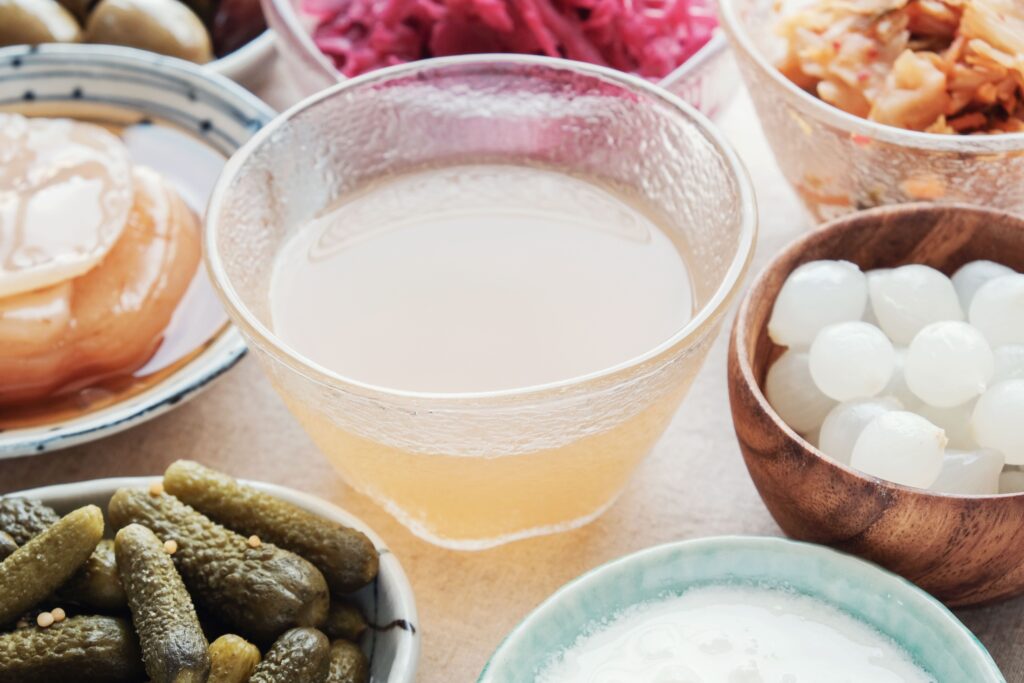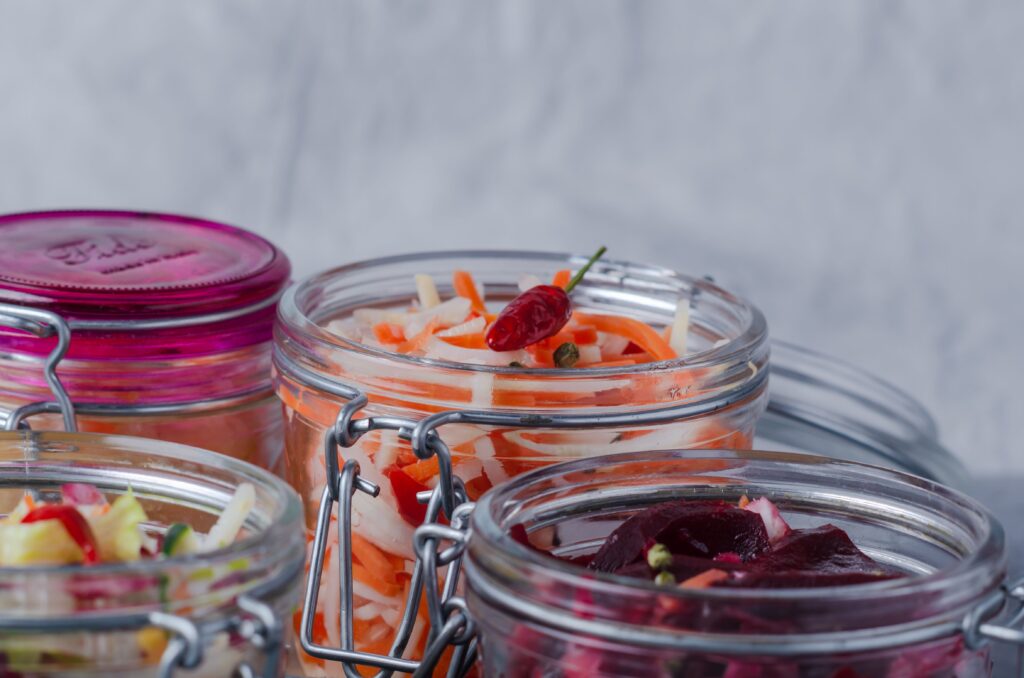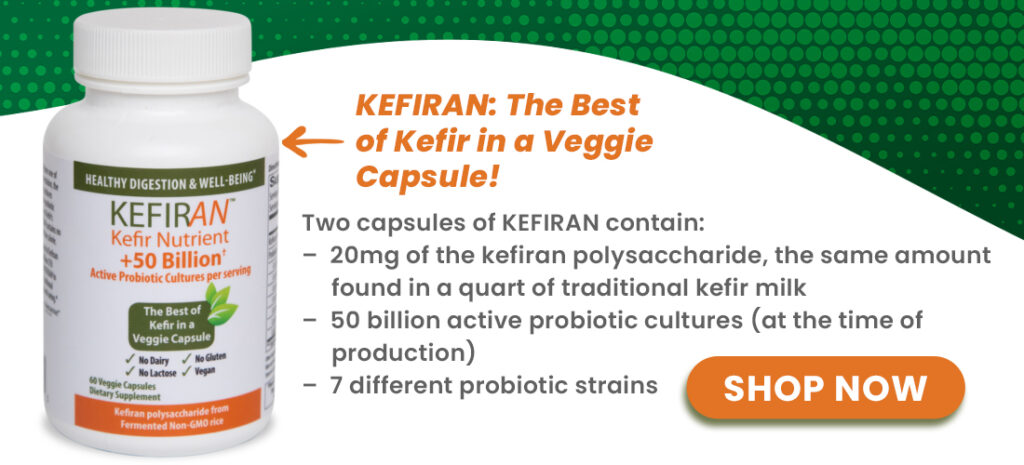Digestive Health
7 Essential Fermented Foods Good for your Gut
People around the world have enjoyed fermented foods for their unique flavors and health benefits. But what exactly are fermented foods, and what do they do for you? These foods undergo a natural process of fermentation, which not only enhances their taste and texture but also unlocks nutrients and beneficial compounds. Among the many advantages they offer, one of the most notable is their ability to support gut health. If this is an area that you struggle with, then you may be interested in learning more about how fermented foods could be a beneficial addition to your diet.
Let’s take a closer look at fermented foods, what they do for your body, and options for different food sources.

The Science Behind Fermented Foods
First, let’s talk about the science behind fermented foods. At the heart of fermented foods lies a transformative process driven by microorganisms such as bacteria, yeast, and fungi. These microorganisms feast on the carbohydrates and sugars present in the food, breaking them down into simpler compounds like lactic acid, alcohol, and gasses. This fermentation process not only preserves the food but also creates flavors and textures while enhancing its nutritional profile. To put it simply, this offers a variety of health benefits!Benefits of Fermented Foods for Gut Health
One of the primary reasons fermented foods are so commonly consumed is their profound impact on gut health. The human digestive system includes a diverse community of microorganisms known as the gut microbiota. This microbiota plays a crucial role in digestion, immune function, and overall well-being. Fermented foods, rich in probiotics, serve as a nourishing source for these beneficial gut bacteria, fostering a harmonious balance within the microbiome.Kefir: The Probiotic Powerhouse
Kefir stands out as an example of fermented goodness, revered for its potent probiotic. Originating from the Caucasus region, kefir is a tangy dairy product made by fermenting milk with kefir grains. These grains harbor a unique culture of bacteria and yeast, including strains like Lactobacillus and Bifidobacterium. The resulting kefir is packed with probiotics that support digestion, enhance immunity, and promote overall gut health.Yogurt
A staple in many households, yogurt undergoes fermentation with bacterial cultures like Lactobacillus bulgaricus and Streptococcus thermophilus. Rich in probiotics, yogurt aids in digestion, supports immune function and may make it easier for some people to digest lactose.Sauerkraut
Popular in Eastern Europe, sauerkraut is a zesty fermented cabbage dish packed with probiotics, fiber, and vitamins. Its tangy flavor and crisp texture make it a delicious addition to salads, sandwiches, and more.Kimchi
A staple of Korean cuisine, kimchi is a spicy fermented vegetable medley typically made with cabbage, radishes, and a flavorful blend of seasonings. Kimchi boasts a diverse combination of probiotics, vitamins, and antioxidants, offering a fusion of taste and health benefits.
Kombucha
This fizzy tea beverage is created by fermenting sweetened tea with a SCOBY, a symbiotic culture of bacteria and yeast. Kombucha is known for its probiotic richness, as well as its refreshing taste and potential health-boosting properties.Miso
A traditional Japanese seasoning made by fermenting soybeans with a fungus called koji. Miso adds depth and flavor to soups, marinades, and dressings, while also providing probiotics, protein, and essential nutrients.Tempeh
Originating from Indonesia, tempeh is a dense and chewy fermented soybean cake. It’s packed with probiotics, protein, fiber, and various vitamins and minerals, making it a nutritious and versatile addition to plant-based diets.Final Thoughts
Who knew that there were so many benefits to incorporating fermented foods into your diet? They offer a flavorful and enriching way to nurture your gut health. From kefir’s probiotic prowess to the diverse flavors of sauerkraut, kimchi, and beyond, these culinary treasures are not only delicious but also provide a bounty of benefits for your gut microbiome. So, whether you’re sipping on tangy kombucha or savoring a bowl of miso soup, embrace the wonders of fermented foods while also nourishing your gut health.Like? Share with your friends
Learn More Information on How Kefiran Can Offer Better Digestive Support*

